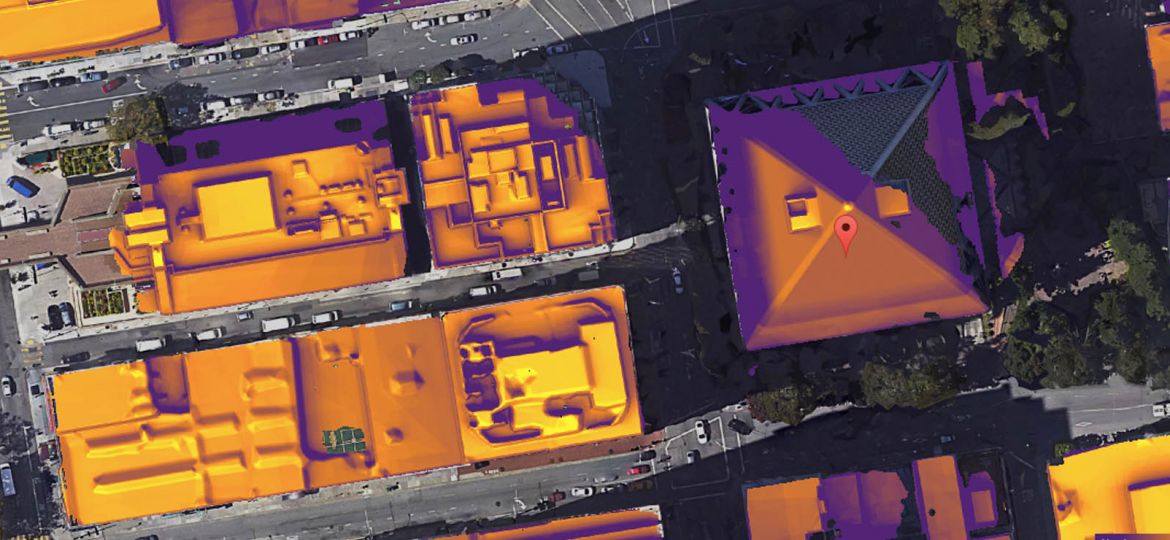
WHY THIS MATTERS IN BRIEF
- Over eighty percent of homes in the US could run solar panels and if you want to wean yourself off of fossil fuels then that could be great news
It sounds like an obvious thing, but if you’re a company who’s selling solar panels, or a consumer wanting to buy one, or even a government who wants to wean the country off fossil fuels, then being able to tell where, and where not, to put solar panels should come quite high up your priority list.
Now though, as we enter into an age where solar power is already the cheapest form of energy in over 58 countries, and where countries such as Africa, China, India and the US are bringing huge amounts of new solar capacity, such as the massive African Ouarzazate Noor plant online, Google, who recently achieved their own renewable energy goals, is coming to the rescue with the expansion of Project Sunroof. Did you know Google pay people to come up with these names? Cool job.
Anyway, over the past year the company has been busy using satellite imagery to build 3D models of rooftops in all 50 states, looked at the trees around people’s homes, considered the local weather, and figured out how much energy each house or building can generate if its owners slap down some cash for some solar panels. And what they found was that over eighty percent of all the buildings they modelled are “technically viable” for solar panels, which is geek speak for they catch enough rays each year to make generating electricity feasible.
Google has also gone so far as to put together a blog post that highlights just how much solar energy potential each city has, and Houston comes top with 18,940 gigawatt-hours of free energy from the sun just waiting to be tapped – enough to power around 1.7 million homes, quickly followed by Los Angeles, Phoenix and San Antonio.
Project Sunroof even lets you search for your house, suggests what type solar panel you could use and how much energy it would generate, so it’s a handy tool, and comes at a good time. Solar has been growing quickly in the US with cities such as Las Vegas recently announcing that they are now running on 100% solar, and residential installations grew at 19 percent last year – a figure that’s slower than in previous years, in part because most of the early adopters have already bought in but as the cost of solar continues to fall who knows, hopefully demand will pick up again and this will all be just the tip of the iceberg.
















